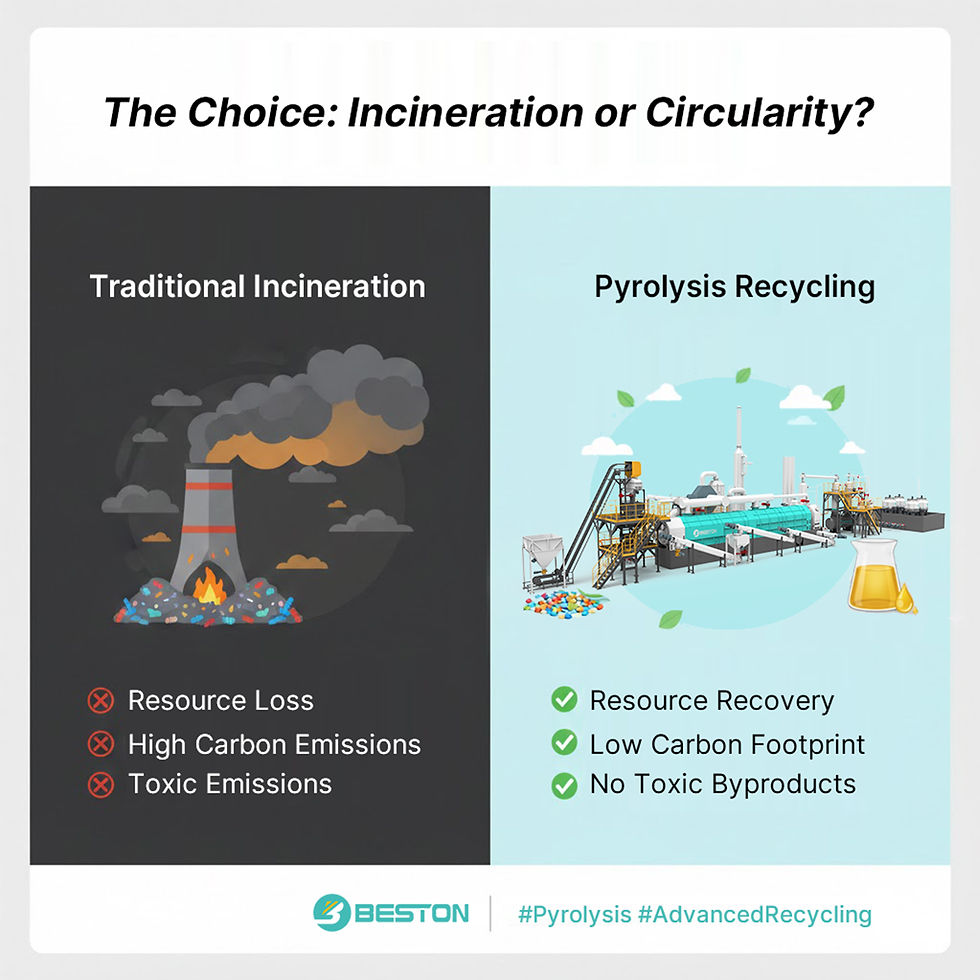Market Expansion Opportunities for Charcoal Making Machine Exporters
- lee784287
- 2025年8月20日
- 讀畢需時 2 分鐘
Growing Global Demand for Biomass Energy
The global transition toward renewable energy has created a significant market opportunity for charcoal making machine exporters. As governments and industries seek alternatives to fossil fuels, biomass-based charcoal has emerged as a sustainable energy source with wide-ranging applications. The use of rice husk carbonizer technology exemplifies this trend, enabling the conversion of agricultural byproducts into high-value charcoal that can replace coal and firewood. With demand spanning from household cooking fuel to industrial energy, exporters are well positioned to capture growth in emerging and developed markets alike.
Expanding Agricultural Economies
Agricultural nations with abundant residues present fertile ground for market expansion. Countries in Southeast Asia, Africa, and Latin America generate vast volumes of rice husk, coconut shell, and palm kernel waste. Deploying rice husk carbonizer equipment in these regions provides a dual benefit: managing surplus residues and creating a renewable fuel supply. Exporters can leverage this opportunity by targeting governments and cooperatives seeking sustainable waste management strategies. The widespread availability of feedstock ensures long-term project viability and consistent demand for equipment.

Urbanization and Industrial Applications
Beyond rural and agricultural settings, urban growth fuels demand for biomass charcoal in industrial processes. Charcoal from rice husk carbonizer units serves as a low-emission alternative in metallurgy, brick kilns, and chemical industries. Urban centers facing stricter environmental regulations are increasingly adopting biochar and charcoal-based energy to comply with emission standards. Exporters can tap into this segment by emphasizing the environmental advantages and cost savings that advanced charcoal making machines deliver in high-consumption markets.
Technological Differentiation as a Competitive Edge
Technological advancement is a decisive factor in expanding market share. Exporters offering energy-efficient designs, continuous processing systems, and emission control features stand out in a competitive marketplace. Rice husk carbonizer models that maximize energy recovery and minimize operational cost appeal strongly to buyers focused on long-term profitability. Exporters who emphasize quality, durability, and automation in their product lines can establish trust and secure contracts in both government-led and private sector projects.
Policy and Trade Dynamics
Government incentives for renewable energy and carbon reduction provide favorable conditions for market expansion. Exporters can align their offerings with policy frameworks that encourage biomass utilization, carbon sequestration, and sustainable agriculture. In regions where open burning of agricultural residues is restricted, rice husk carbonizer systems present a compliant and economically beneficial solution. Strategic trade partnerships, joint ventures, and localized service networks further enhance the ability of exporters to penetrate new markets and maintain long-term customer relationships.
Conclusion
Charcoal making machine exporters operate in a rapidly evolving global market shaped by sustainability goals, resource availability, and policy direction. By deploying rice husk carbonizer technology and emphasizing efficiency, environmental compliance, and economic benefits, exporters can capture opportunities across agricultural economies, urban industries, and regulated energy sectors. Market expansion hinges on the ability to deliver innovative, reliable solutions that transform waste into fuel, positioning exporters as key enablers of the global transition toward renewable energy.



留言